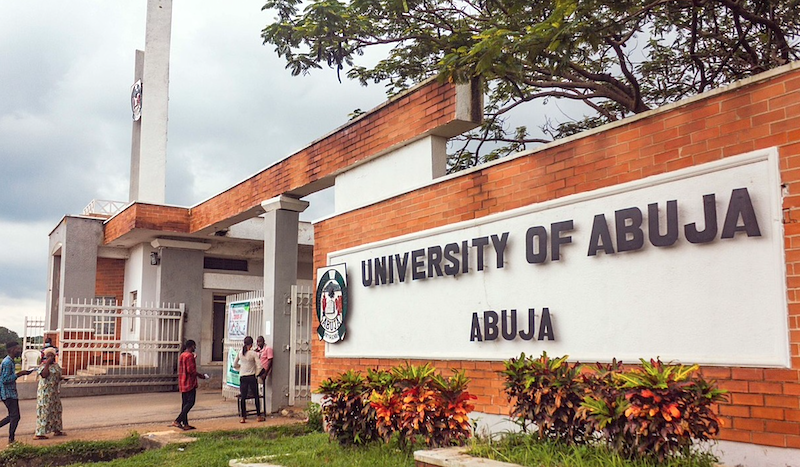The National Association of Academic Technologists (NAAT) has called for constructive engagement and adherence to due process following reports of a proposed revocation of 7,000 hectares of land allocated to the University of Abuja (UNIABUJA).
The land in question is part of the 11,000 hectares originally granted to UNIABUJA, recently renamed as Yakubu Gowon University.
Mr Ibeji Nwokoma, National President of NAAT, made the appeal in a statement issued to journalists on Wednesday in Abuja.
It would be recalled that there were recent reports alleging that the Minister of the Federal Capital Territory (FCT), Mr Nyesom Wike, was considering reclaiming part of the university’s land.
Nwokoma stated that NAAT’s attention had also been drawn to a Federal Government publication regarding the Tertiary Institutions Staff Support Fund (TISSF), which coincided with the reported revocation notice.
While expressing concern over the development, Nwokoma emphasised that land allocated to institutions of learning was a strategic national resource intended to support future growth, innovation, and research.
“The land is not merely a physical asset. It is a foundation for long-term academic expansion, including the establishment of research centres, new faculties, hostels, and other critical infrastructure to serve the growing student population,” he said.
He urged that any decision regarding the university’s land must be guided by the rule of law and in alignment with the university’s master plan, which was developed with national development goals in mind.
“Such actions require legal backing, including amendments by the National Assembly. We believe in the strength of institutions and the need for due process in governance,” Nwokoma added.
On the issue of the Tertiary Institutions Staff Support Fund (TISSF), recently introduced by the Federal Ministry of Education to enhance staff welfare and professional development, NAAT expressed reservations about the current structure of the scheme.
After reviewing the terms of the loan-based intervention, Nwokoma said NAAT considered it a well-intentioned initiative but believed its design needed to be restructured to avoid creating long-term financial burdens for staff.
“We appreciate the government’s effort to support tertiary institution workers, but loans are not the answer to systemic issues.
“Our members need the government to prioritise payments of outstanding entitlements, not credit schemes that feel like salary advances,” he said.
He outlined several pending arrears owed to NAAT members, including: Three and a half months of withheld salaries, seven months’ arrears of Occupational Hazard Allowance (OHA) and two months of unreleased third-party deductions.
He said others included eleven months’ arrears of Responsibility Allowance (RA), twelve months of 25 per cent and 35 per cent salary increase arrears, four months of wage award arrears
Others, he said were unpaid N30,000 Minimum Wage arrears for affected members (since 2019) and outstanding Earned Allowances.
Nwokoma called on the Federal Government to channel the TISSF funds toward settling those legitimate financial obligations, which he said would have a more immediate and meaningful impact on the lives of academic technologists and their families.
He also urged the National Assembly, especially its committees on tertiary education and TETFund, to engage with relevant stakeholders, including the FCT Minister, to ensure that actions regarding university infrastructure aligned with national educational priorities.
“NAAT remains committed to the advancement of Nigeria’s tertiary education sector. We are hopeful that through dialogue and collaboration, these issues will be resolved in the interest of our students, staff, and the future of education in Nigeria,” Nwokoma said.



